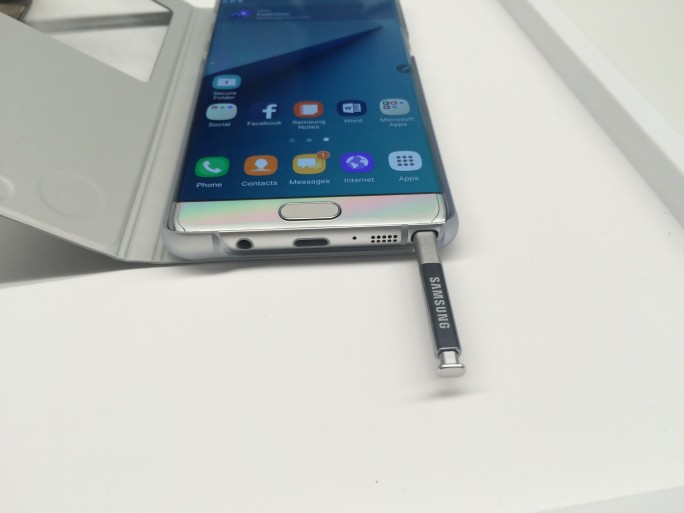Even when it was delivering quarter after quarter of revenue growth, Apple investors feared an eventual saturation of the smartphone market and were concerned about the company’s continued ability to innovate and create entirely new markets.
A 13 year unbroken streak of growth powered by the renewed popularity of the Mac and the creation of the iPod, iPhone and iPad, finally ended earlier this year as prophecies about smartphones eventually came true.
Apple has turned to the business market, the creation of the Apple Watch and services like Apple Music to stave off any major decline, but revenues are now declining and iPhone sales have fallen by 18 percent.
Smartphone decline
 But this is a trend affecting the whole industry. Saturation is taking place in developed markets and local manufacturers like Xiaomi are taking advantage of growth in the developing world. Compounding this is a shrinking tablet market in which sales fell by 12.3 percent in the most recent quarter, according to IDC.
But this is a trend affecting the whole industry. Saturation is taking place in developed markets and local manufacturers like Xiaomi are taking advantage of growth in the developing world. Compounding this is a shrinking tablet market in which sales fell by 12.3 percent in the most recent quarter, according to IDC.
The pressure is on electronics companies to create new products and innovate smartphones to encourage more frequent upgrades.
Samsung, as the world’s largest smartphone manufacturer, is particularly sensitive and has done arguably more in its quest to offset any impact – despite the fact it shipped as many as three times the number of smartphones Apple did in the most recent quarter. It too has targeted businesses, has pushed wearables and is increasingly focused on virtual reality (VR).
Pressure to innovate
An overriding theme at the launch of the Samsung Galaxy Note 7 this week was how it had innovated in the past and would innovate in the future.
In between marketing fluff, empty slogans (“we make the things that can’t be made so you can do the things that can’t be done”) and comparing itself to Olympians (seriously), Samsung boasted about how it had created the phablet market in 2011 with the original Galaxy Note and its plans to position the line as the focal point of a ‘connected ecosystem’ comprising VR, wearables and other devices.
“We faced sceptics and critics who dismissed our large screen and S pen, but we stayed true to our vision,” said DJ Koh, president of the company’s mobile business. “Phablets are now the fastest growing segment of the smartphone market.”
“For those who want to get the most of their phones: big screens are better. Our belief in meaningful progress is stronger than ever and our commitment to customers is unchanging.”
Samsung Galaxy Note 7
 “The note changed the rules of the smartphone industry – something Samsung has done many times in its history,” added YH Eom, Samsung’s European head. “We will continue to innovate in the future.”
“The note changed the rules of the smartphone industry – something Samsung has done many times in its history,” added YH Eom, Samsung’s European head. “We will continue to innovate in the future.”
The event wouldn’t have looked out of place in Zoolander (ignoring the fact Derek Zoolander likes tiny phones), but there’s no denying the Samsung Galaxy Note 7 is an impressive smartphone.
It’s quite expensive but it covers all bases by marrying top of the range specification and enterprise grade security, with differentiators like the Edge screen, S Pen and iris scanning. What’s more, pre-orders from certain retailers will come with a free Samsung Gear VR headset. Samsung is essentially going for broke.
The irony is that after being accused by Apple of copying the iPhone with early iterations of the Samsung Galaxy S series, it’s perhaps doing more than its great rival to innovate. Back then people wanted what the iPhone could do, now they want something different – and Samsung wants to show it can do just that.
Do you know all about Samsung? Try our quiz!





